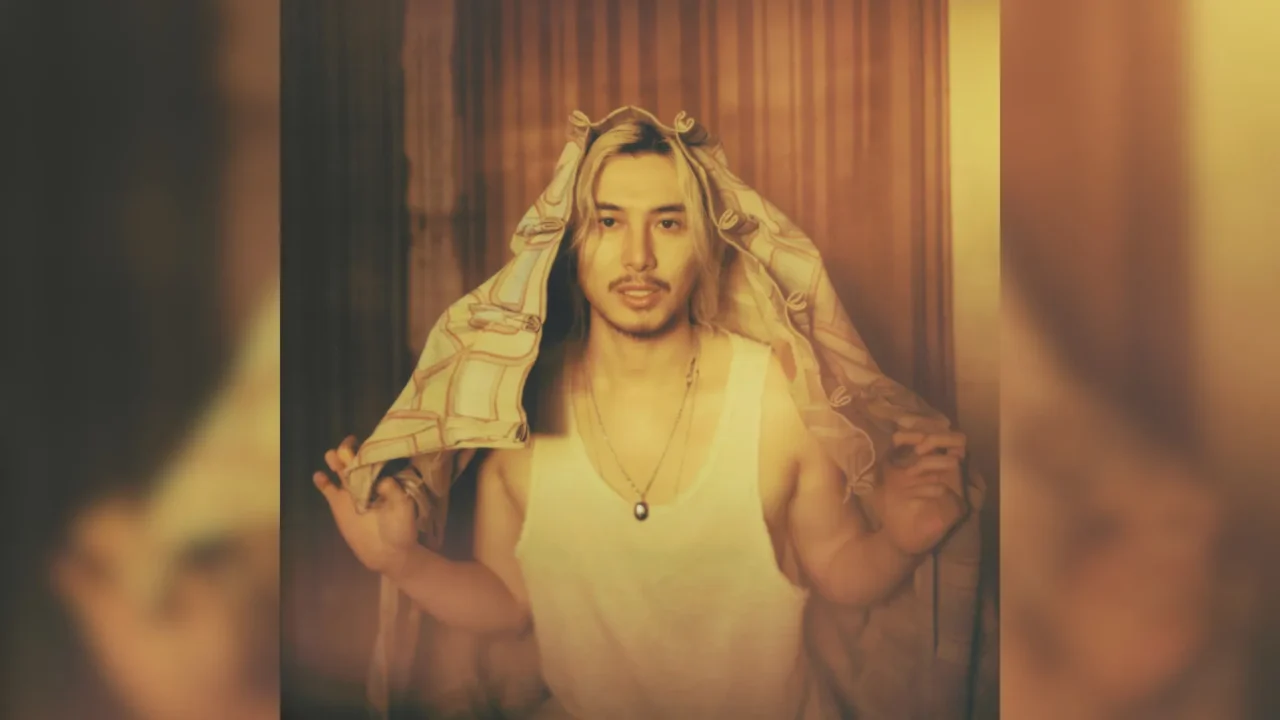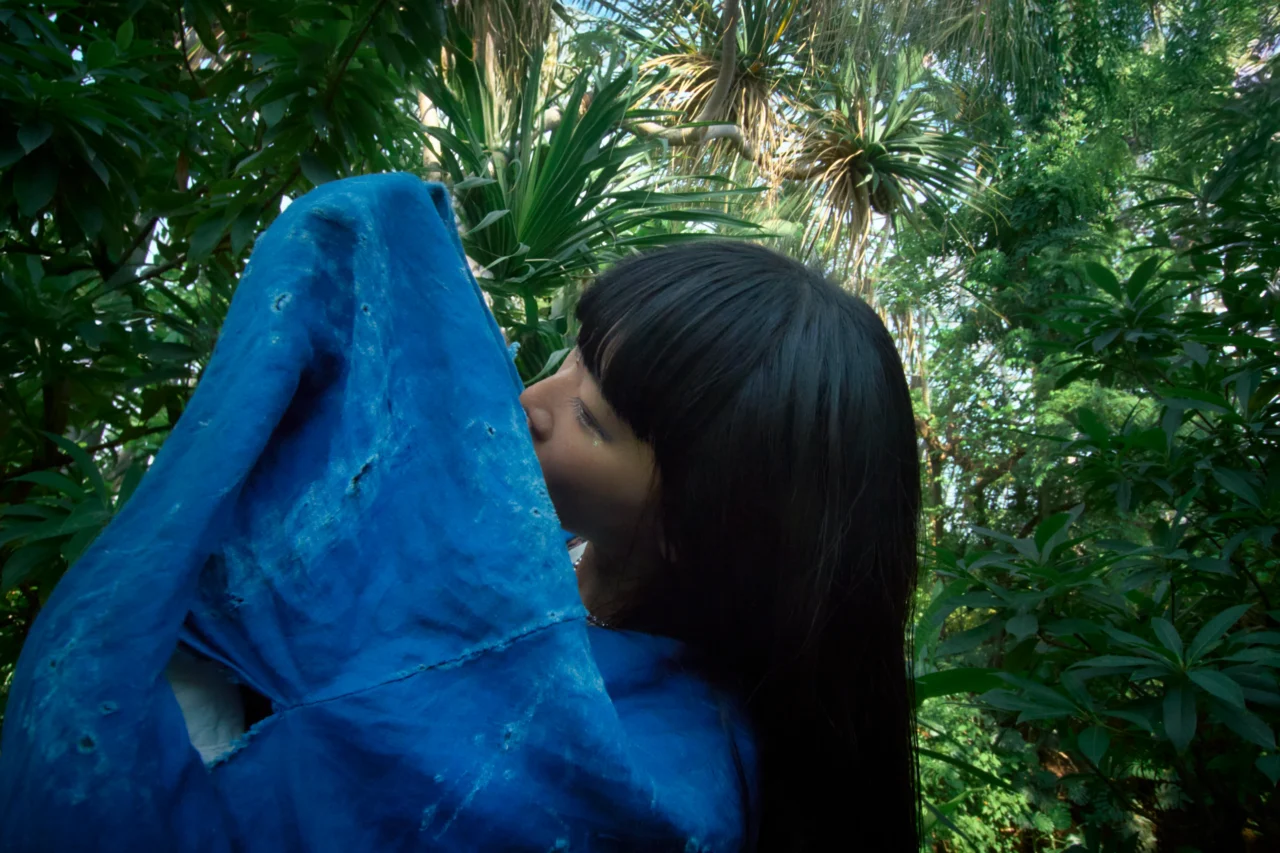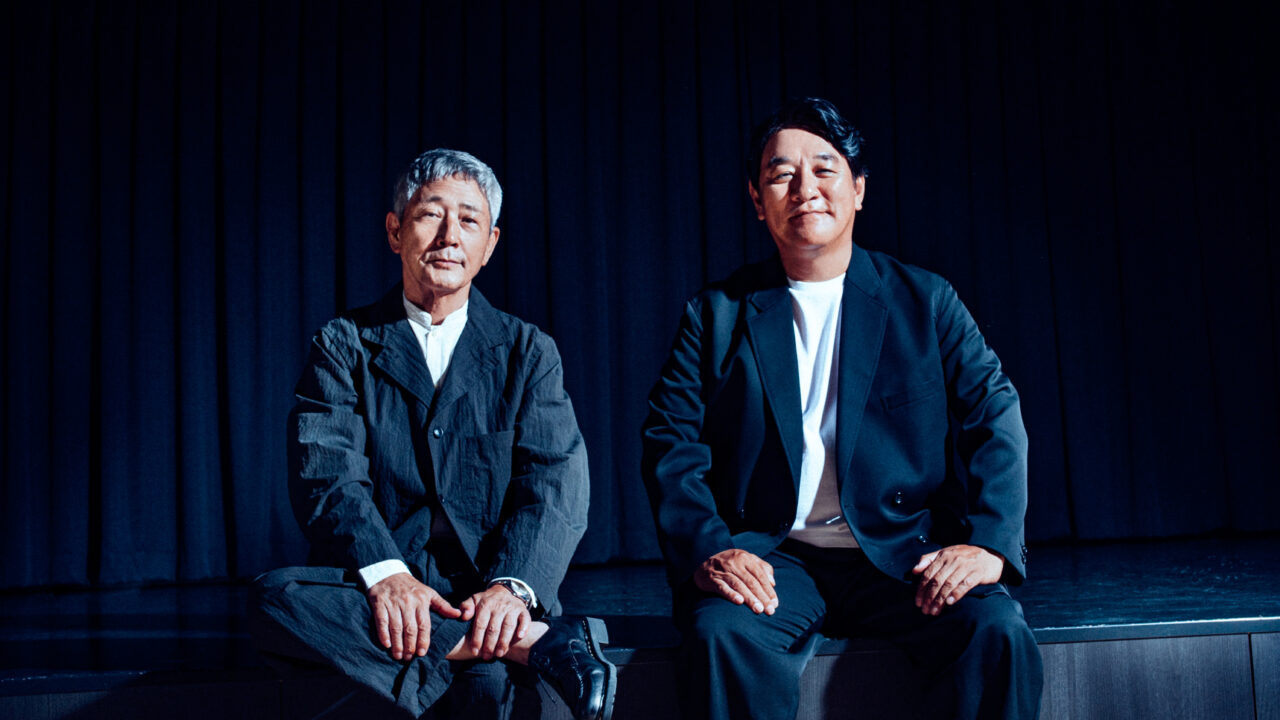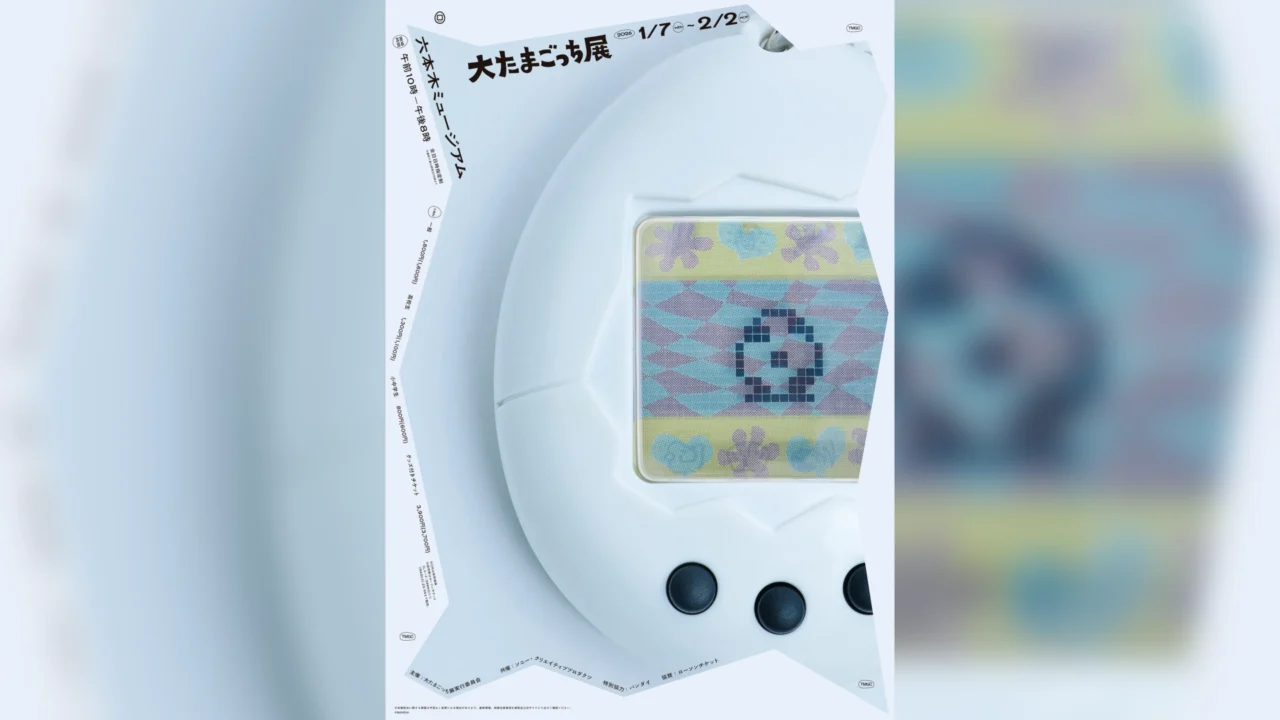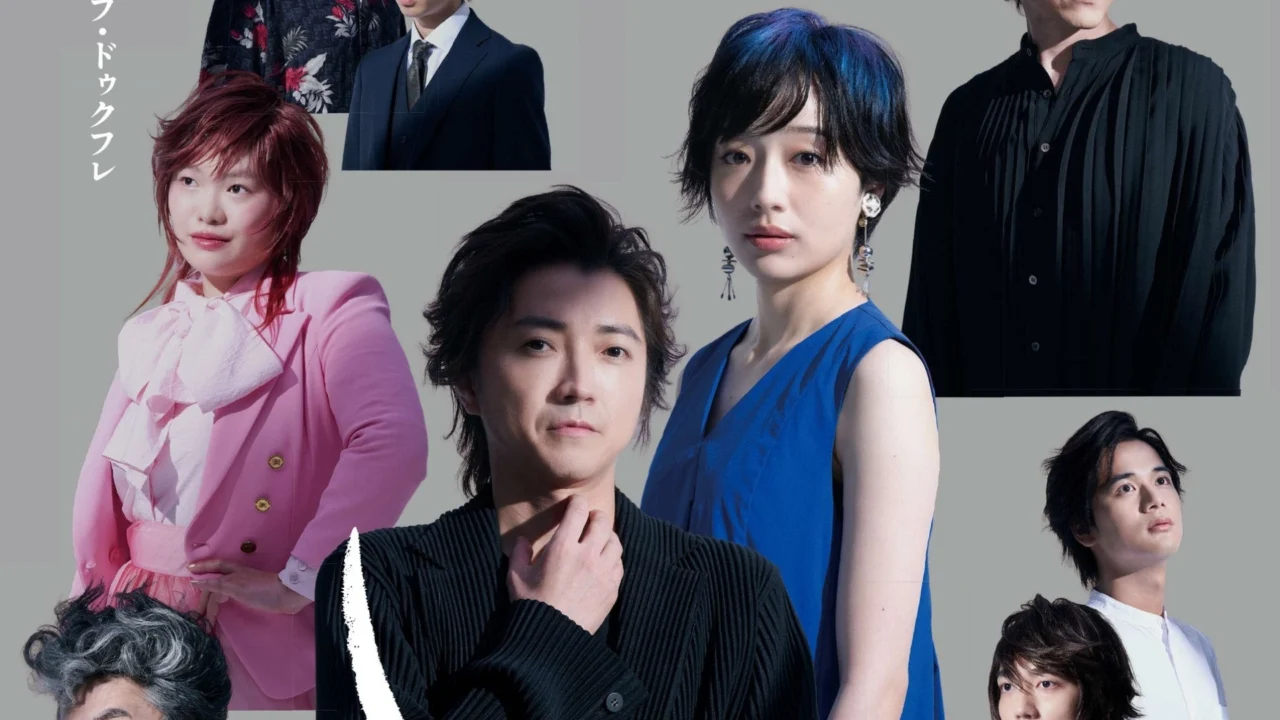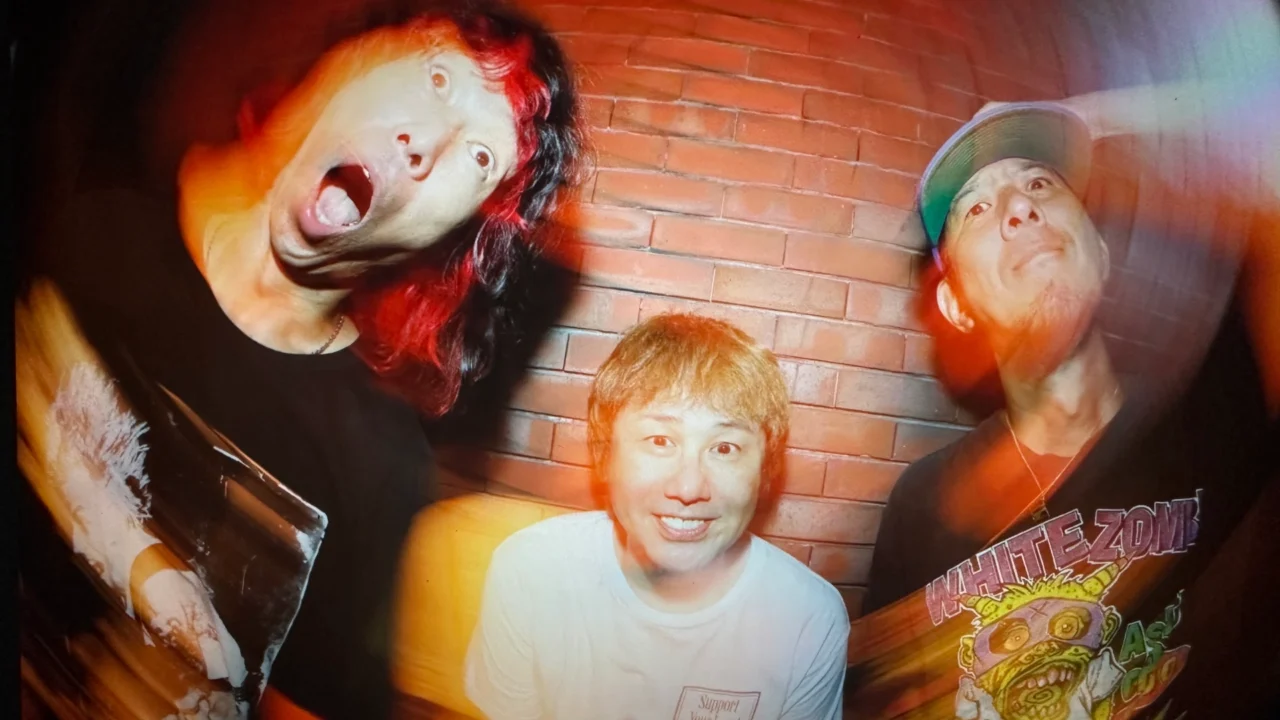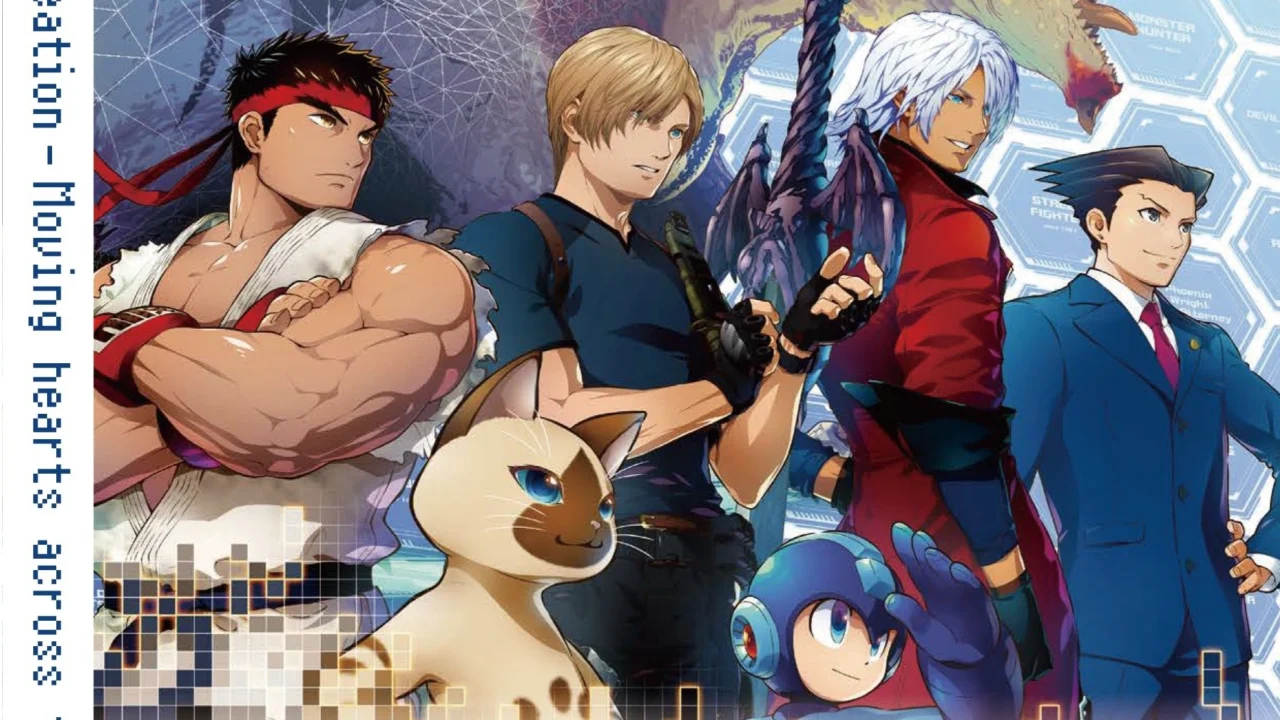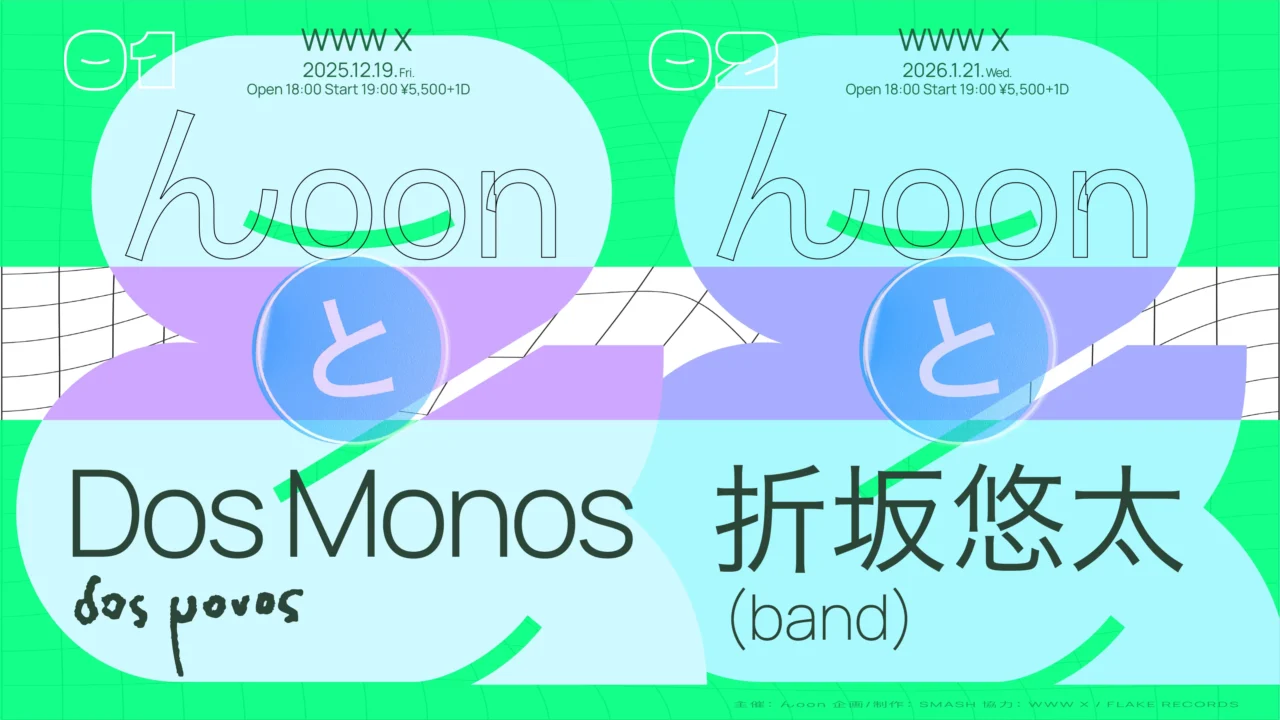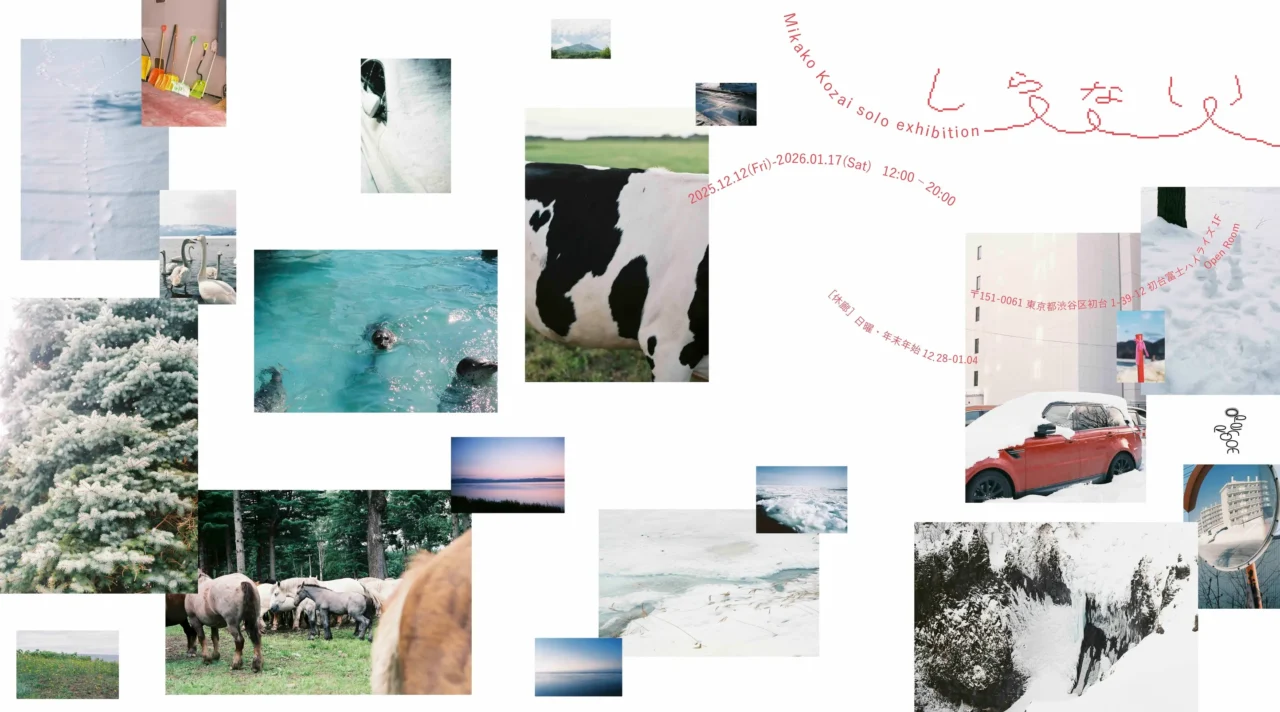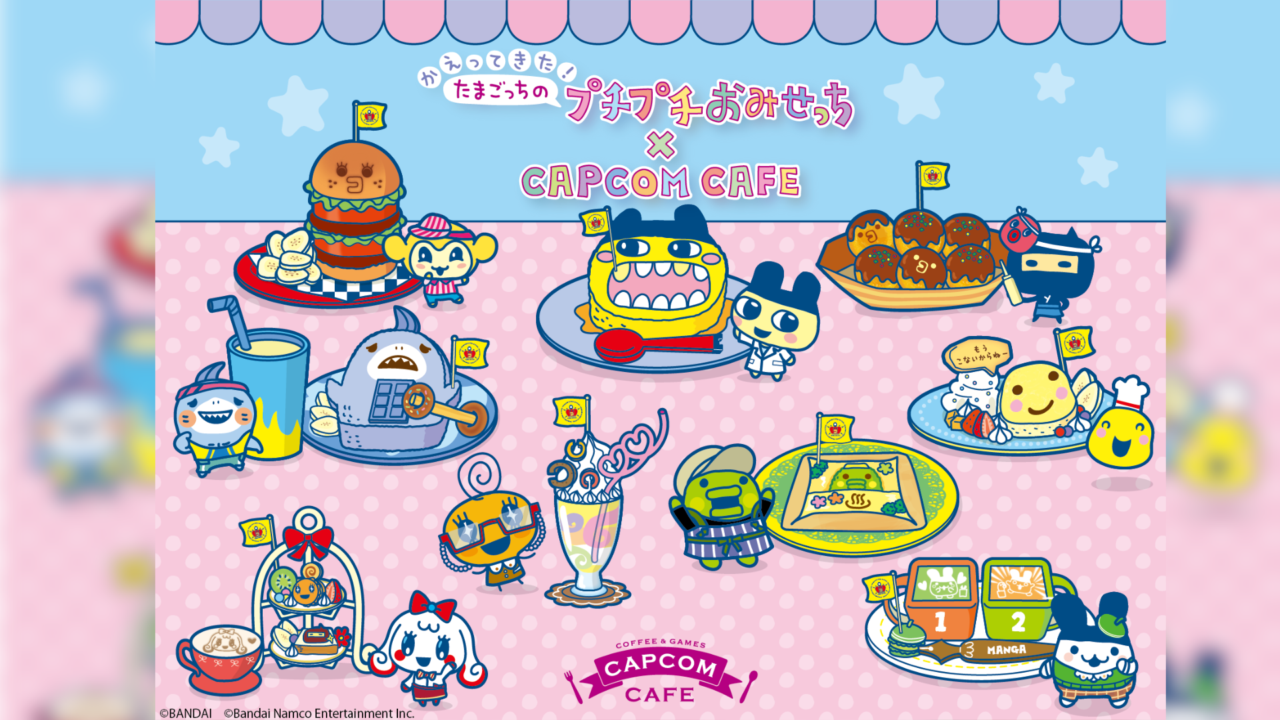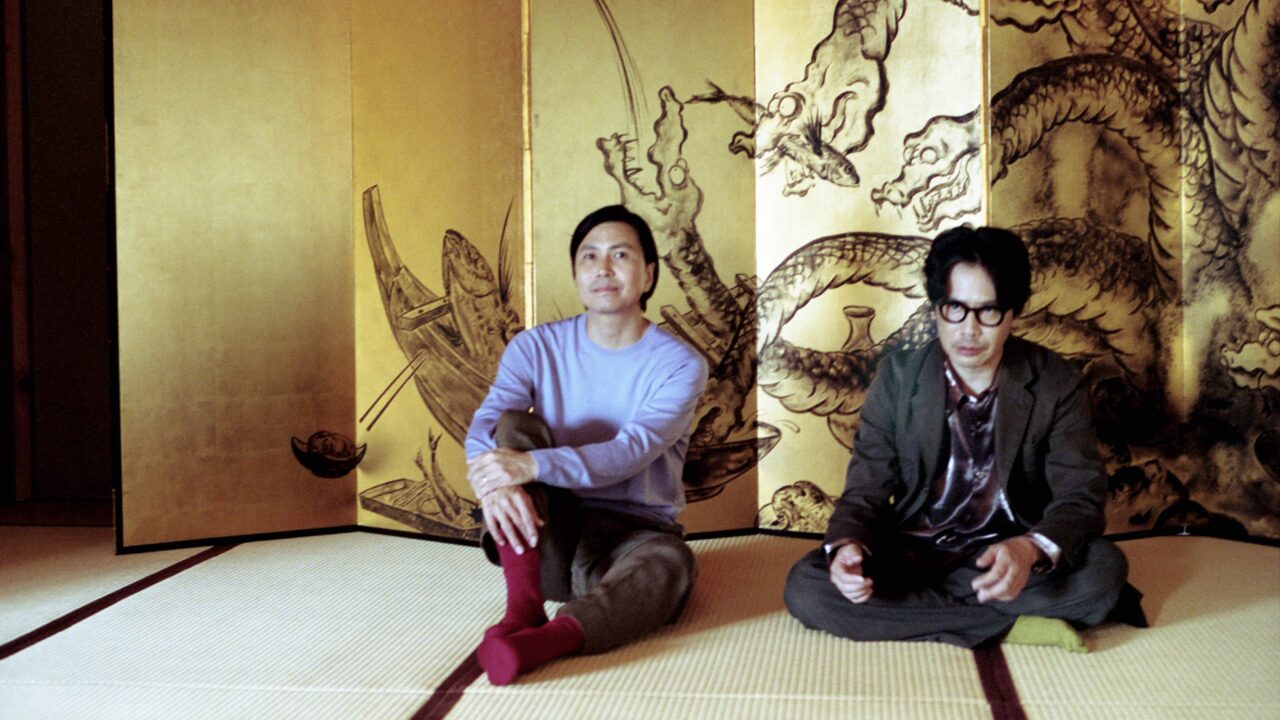In recent times, Taiwanese bands have been making a significant impact on the Japanese music scene. Lyrics play a crucial role in music, and the language in which songs are performed can greatly influence the emotions of listeners. However, it is not commonly known that Taiwan is a multilingual society where a variety of languages are used in musical expressions.
In this interview, we had the pleasure of speaking with Sorry Youth, a three-member alternative rock band that sings in Taiwanese. The band formed during their university years and has drawn inspiration from a wide array of themes, including the scenic beauty of Taiwan’s coasts and mountains, as well as various social issues. Their ability to express authentic emotions has garnered them a loyal following.
Taiwanese ranks as the second most spoken language in Taiwan, following Mandarin (Taiwanese Mandarin). While the band members will share more in the main feature, it’s noteworthy that Taiwanese has a history of being sidelined in media and education since the end of World War II. Following the lifting of martial law in 1987, Taiwan embraced multilingualism, leading to increased efforts to preserve the Taiwanese language and pass it down to future generations. However, many young people today are still unable to speak Taiwanese.
The essence of Sorry Youth’s music can be described as a fusion of garage revival and Taiwanese folk. With each album, their sound has become more refined, and their latest release, “Noise Apartment” (原題:噪音公寓), showcases a blend of various musical genres, allowing them to reach a wider audience.
Sorry Youth has performed at major festivals such as SUMMER SONIC 2015, Forest, Road, Market, and BiKN 2023. During the COVID-19 pandemic, they hosted an online joint performance event with the band apart and shared their interactions with ASIAN KUNG-FU GENERATION on social media, strengthening their ties with Japan.
They have announced a tour in Japan for the fall of 2024, featuring four performances in Tokyo and Osaka. To explore what Sorry Youth aims to convey through their use of Taiwanese, we conducted this interview.
INDEX
The Story Behind the Latest Album “Noise Apartment“

Formed by guitarist Weni, bassist Giang Giang, and drummer Chung-Han, Sorry Youth is a power trio. Taiwanese lyrics serve as a crucial foundation for their songwriting, which is a defining characteristic of the band. Their song arrangements strongly capture the atmosphere of their live performances. They are one of the few indie bands in Taiwan that write all their lyrics in Taiwanese. Currently, Sorry Youth is an important band and a leading force in the Taiwanese indie scene. All their shows sell out, and they frequently perform at various music festivals both domestically and internationally, including SUMMER SONIC (Japan), Megaport Festival (Taiwan), shima fes SETOUCHI (Japan), Forest, Road, Market (Japan), and SXSW (USA). They have also toured in many countries, including Japan, South Korea, Canada, and Hong Kong. In 2020, they independently organized the “Mountain Oath, Sea Promise” music festival to further explore the potential intersections of music culture and art in Taiwan.
www.sorryyouth.com
The latest album “Noise Apartment” has become a hot topic among music industry professionals in Japan, with Masafumi Gotoh from ASIAN KUNG-FU GENERATION (hereafter referred to as “Ajikan”) even contributing a recommendation comment. It seems that there has been a significant evolution in the sound creativity compared to your past works. What changes occurred during the production period?
Weni (Gt): We began the production of “Noise Apartment” in January 2023. By the fall of 2023, when about half of the demo tracks were completed, we started preparing for our solo live performance scheduled for August 2024. There was a discussion about the need for a stage manager and a music director for the Taipei Music Center, which has a capacity of 5,000 people. One of the candidates for this role was music producer Yitan Zhou. We clicked during the meeting and decided to ask him to be the album producer.

Speaking of Yitan Zhou, he is a renowned producer known for working on the album The Clod 瓦合 (2023) released by the Taiwanese band No Party For Cao Dong, who will be performing at the GREEN STAGE of FUJI ROCK FESTIVAL ’24.
Chung-Han (Dr.): Yitan is not only a producer but also a mixing engineer, and he provided detailed advice on aspects like how to layer the drum sounds and balance the volume. While Noise Apartment features tracks with different tastes, he helped unify the overall image and atmosphere throughout the album. During the production, we met every two weeks, and meeting Yitan was a significant turning point for us.
Were there any specific approaches or innovations you implemented while developing the song ideas?
Giang Giang (Ba): I guess it’s about becoming an “early bird” (laughs). When we first formed, we were still university students, and the three of us used to stay late in the studio working on our music. Now that I have a child, I need to balance family responsibilities as well. I had to follow a regular schedule from 9 to 5, where I would work on songwriting, practice, and meetings.
You’ve transitioned from a typical band lifestyle to one where you create good music within a stable schedule.
Giang Giang: My friends now call me a “rock bureaucrat” [laughs]. Amidst this, Yitan Zhou also requested that we send him demos as close to the final version as possible. For this project, we discussed specifics like keeping the overall tempo upbeat and avoiding long guitar solos as we refined the direction.

How do the three of you divide your roles?
Chung-Han: When it comes to songwriting, we often collaborate and create together. Outside of songwriting, we each have our strengths and weaknesses. Weni usually handles the recording, Giang Giang takes care of marketing and merchandise, and I often lead the planning for live performances.
You have a lot of DIY aspects in your activities, don’t you?
Weni: Yes, we handle copywriting together, and for important matters and overall direction, we tend to steer the ship ourselves. However, we also ask for support from external people or friends when necessary.
INDEX
Taiwanese Allies in DIY Projects
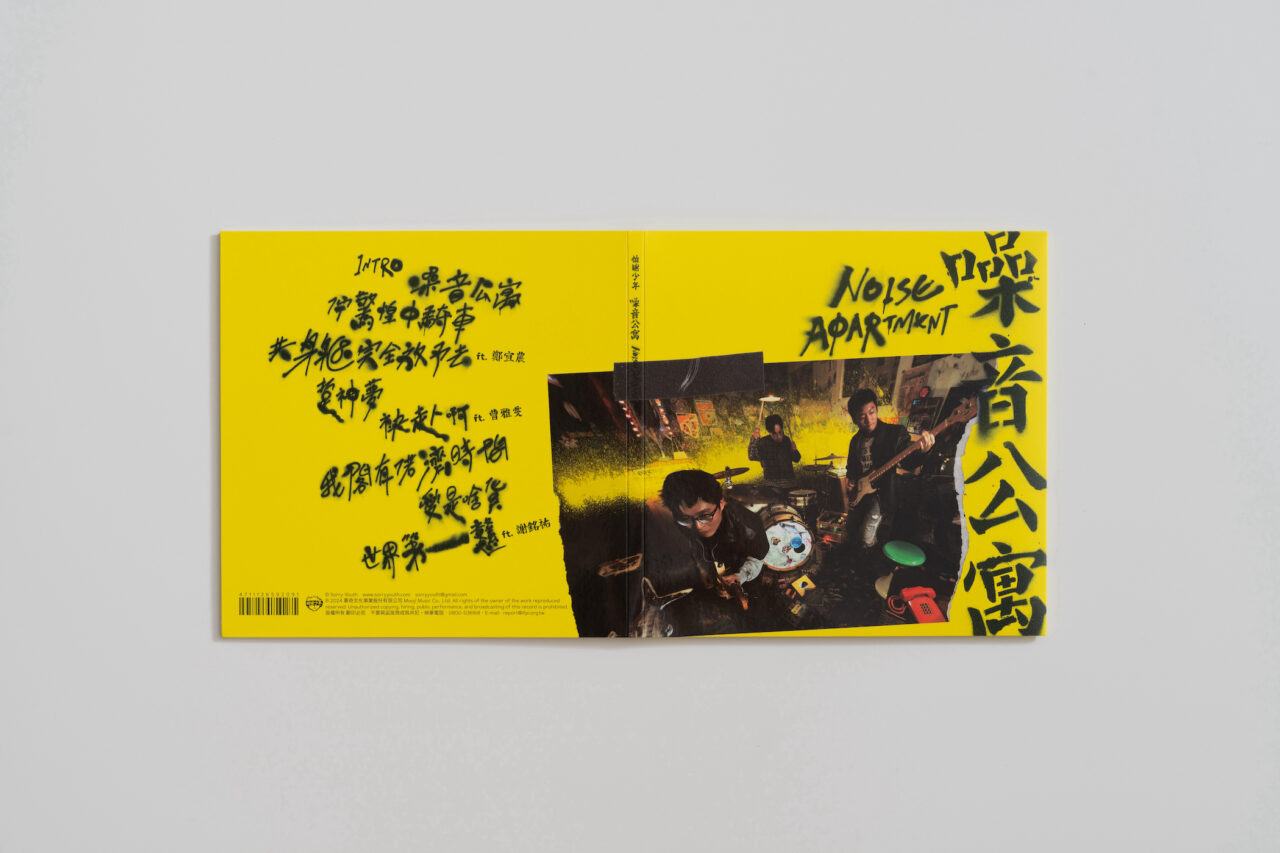
As you expand your DIY activities, I believe Shao-Tzu (廖小子), who has been involved in designing all the album artwork and tour posters since your first album and performs as the iconic Sabahi Man (虱目魚男) during live shows, is also part of the Sorry Youth family. What kind of person is he?
Weni: Shao-Tzu is an active graphic designer, and we met online shortly after we formed the band. At that time, he was posting unique kung fu illustrations on the internet, which left a strong impression on me. After becoming friends, we started asking him to design our album artwork and merchandise. When we finish demo tracks, we send them to a few people for feedback, and he’s one of them. I truly trust him both as a colleague and a friend.

In “Noise Apartment,” you feature three artists: Eno Chen (鄭宜農), Olivia Tsao (曹雅雯), and She Ming-Yu (謝銘祐). All three have been recognized with awards at major music festivals in Taiwan, making for a stellar lineup.
Chung-Han: That’s right. First of all, while Yitan Zhou is a great producer, he actually doesn’t speak Taiwanese. In contrast, the three vocalists participating this time all share the common trait of being able to sing in Taiwanese. For example, She Ming-Yu is a senior of ours, and we had him contribute the chorus to the ninth track, “世界第一戇 / The World’s Biggest Fool feat. 謝銘祐.” He helped adjust the finer details of the lyrics, elevating their meaning to a deeper level.
The collaboration has strengthened the resonance of the Taiwanese language.
Giang Giang: Yes, exactly. For the fourth track, “共身軀完全放予去 / Letting Go Together feat. 鄭宜農,” we collaborated with Eno Chen, who was recommended by Yitan. We were already acquaintances. In fact, we extended the offer when the song and lyrics were nearly finalized, and she agreed immediately. As a professional singer, she provided us with advice on part division and vocal techniques to enhance the overall sound.
Weni: We got to work with Olivia Tsao after participating in one of her album tracks, which led to her joining us for the sixth track of our album, “袂赴啊 / Too Late feat. 曹雅雯.” There are fewer female artists of our generation who can sing in Taiwanese compared to male artists, so she’s quite valuable. Olivia and I often discuss themes like “How can we present a new perspective on Taiwanese?” and “How can we promote the Taiwanese language more to the younger generation?”
INDEX
Two Decades of Existence: The Importance of Communicating in Taiwanese
I would like to ask again why Sorry Youth sings in Taiwanese. Since forming in 2005, all of your lyrics have been in Taiwanese, and the MC for your one-man live show at the Taipei Music Center in August 2024 was conducted entirely in Taiwanese. I understand that Taiwanese is the second most spoken language and that there is a movement for the preservation of native languages, but I believe that Taiwanese is closely connected to your band activities and expression. You all originally hail from Kaohsiung City, Taiwan, right?
Chung-Hann: That’s correct. Since childhood, my grandparents and parents spoke Taiwanese at home, so I naturally picked it up. I learned Chinese at school, so I can certainly speak it, but I feel that the vocabulary differs between the two languages. Chinese tends to have more practical words related to daily life, while Taiwanese has many words that are somewhat disconnected from current life and trends. However, because of that, I believe it leaves more room for imagination and allows for richer emotional expression.
Kaohsiung is a city in southern Taiwan known for its high usage of Taiwanese.
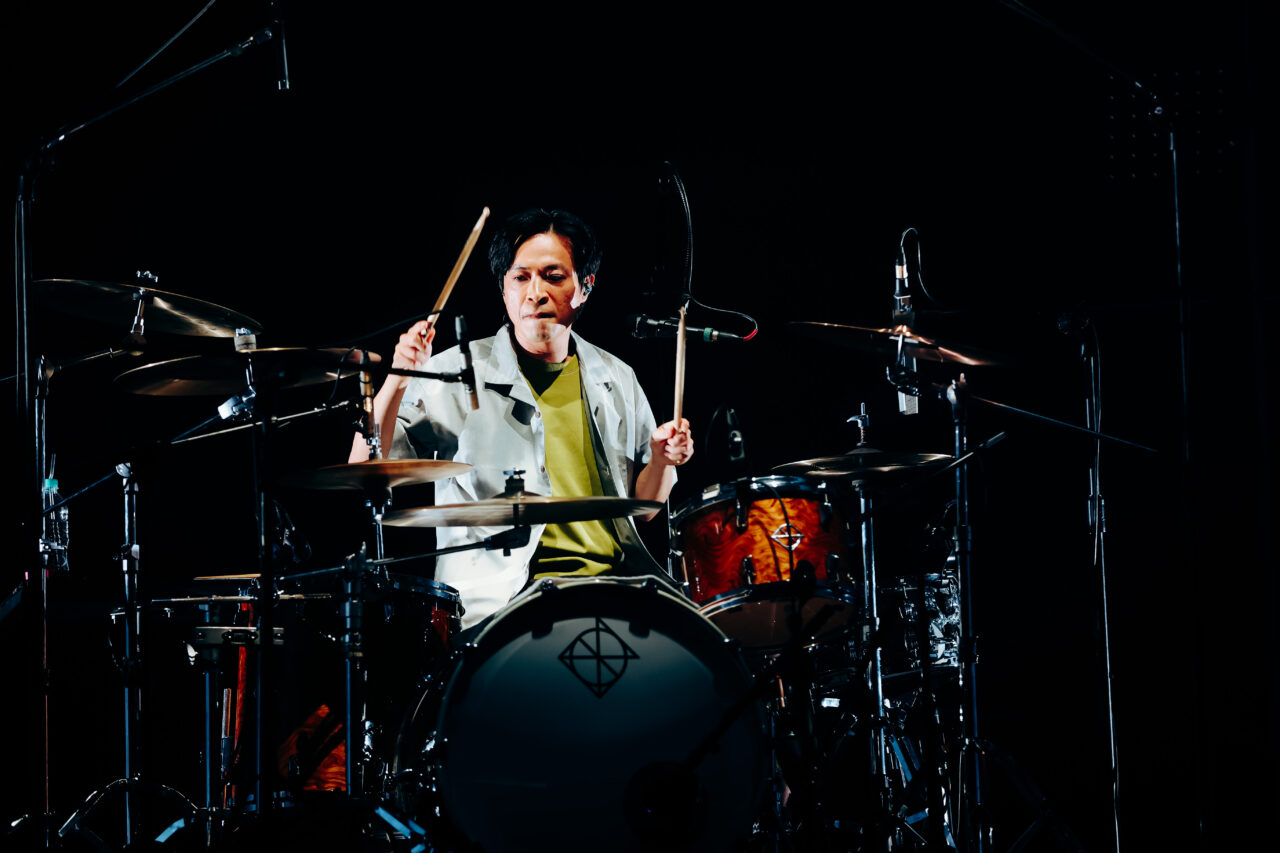
Weni: Expressing ourselves in Taiwanese can be seen as a form of rock in its own right. Over the past 400 years, Taiwanese has undergone a unique evolution, beginning with the migration of our ancestors from Fujian Province in China and passing through distinct historical periods, including the Zheng regime, Qing Dynasty, and Japanese occupation. Following World War II, Mandarin Chinese was designated as the national language, effectively prohibiting the use of Taiwanese and resulting in a history of political repression. Nevertheless, trailblazing musicians like Lin Qiang and Wu Bai have composed remarkable songs in Taiwanese, maintaining their cultural identity. Now that we are in a free era, we aspire to carry on that rebellious spirit and essence.
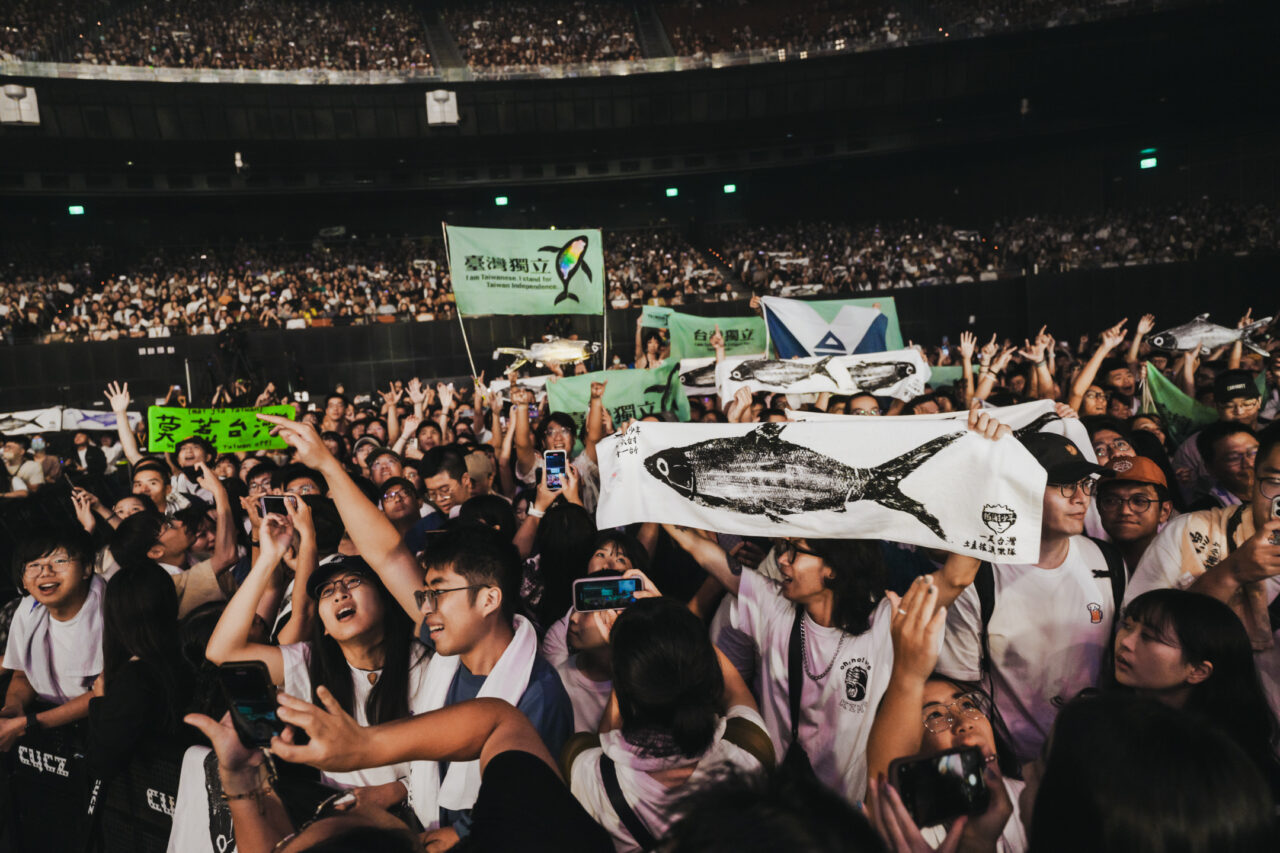
I see, so the relationship between Mandarin Chinese and Taiwanese isn’t simply a matter of primary and secondary dialects, like standard Japanese and Kansai dialect. Do you have a favorite Taiwanese song?
Giang Giang: I really like ‘Chang Tu Dian’ (Long Distance Call) by the band Windmill. It tells the story of a boy who leaves his hometown to find work and struggles with day labor, constantly searching for someone back home to call long-distance and share the hardships of his life.
INDEX
A Fresh Presentation of Indigenous Taiwanese Language
Do you think many people who speak Taiwanese share this recognition of being able to express their identity through the language?
Weni:It might be hard to imagine from Japan, but Taiwan is a small country where multiple ethnicities and languages coexist. Each person carries a part of ‘Taiwanese culture,’ and there isn’t necessarily a right or wrong. In musical terms, it’s somewhat like a band where various instruments come together to create one sound [laughs].

I imagine that as values become more diverse, Sorry Youth has faced challenges in gaining empathy and growing as a band. Given the concern that focusing solely on the preservation of indigenous culture might limit your audience, what direction are you aiming for as a rock band?
Giang Giang: We are constantly thinking about blending Taiwanese rock music with modern music genres to create new sounds. In this album, Noise Apartment, we combined trip-hop and synthwave with Taiwanese lyrics. With the addition of Olivia Tsao and Eno Chen’s vocals, I think we achieved a fresh sound.
Chung-Han: We’re always considering how to present Taiwanese language as something new. When using words that were born long ago in new music, we keep experimenting with different ways to tell a story.
Weni: Beyond just the lyrics, we always want to take on new challenges. When I have the time, I make it a point to go to live houses without looking at the lineup, so I can gather new inspiration. The concert we held at the Taipei Music Center in August was the largest venue we’ve ever played, and it was a valuable opportunity to show our growth to many people. However, we are also considering different forms of live performances and expressions for the future.
INDEX
Resonance with Japanese Alternative Rock: The Way Stories Are Presented
What are your thoughts on Sorry Youth’s music being listened to by Japanese audiences?
Giang Giang: In a word, it’s “moving”! Last year, when we performed at the ‘ITAMI GREENJAM ’23’ in Itami City, Hyogo Prefecture, I think there were fewer people who knew us compared to now. Still, after the live performance, some Japanese fans came to our merchandise booth to buy CDs and goods. Among them, there was a couple who bought all three of our past albums and passionately shared their thoughts on our live show and music. A few days later, when I mentioned we had a concert in Osaka, they said, “I want to go!” and we were able to meet again at that Osaka concert. They even adjusted their schedules to come, driving after work just to see our performance.

The moment when music transcends language! Sorry Youth has performed in Japan several times, but do you have any favorite Japanese music or musicians that you look up to?
Giang Giang: We really love Japanese music! SUPERCAR, envy, toe, Yura Yura Teikoku, bloodthirsty butchers, Shonen Knife, Fishmans, Spangle call Lilli line, eastern youth… the list goes on and on (laughs).
Chung-Han: We’re especially influenced by storytelling. For example, when I listen to ASIAN KUNG-FU GENERATION’s “Solanin,” I can imagine the background of the work and the feelings of the characters. It clearly conveys the emotions and adds depth to the story through the music. It’s not easy to translate that connection between story and music into something that resonates with everyone.
Weni: We’ve also been inspired by how they engage with society. When we did an online collaboration event with the band apart in 2021, I was struck by their positive attitude, saying, “I want to play in front of the audience soon,” especially considering how many people were feeling down during the pandemic. Additionally, when ASIAN KUNG-FU GENERATION visited Taiwan for the large festival Megaport Festival, I was really happy to have dinner with them and discuss their interest in Taiwan’s politics and the changing global situation.
It’s been about a year since your last tour in Japan, which starts in October. What are your thoughts as you prepare for it?
Weni: This time, we are working with a Japanese promoter who is handling all the detailed arrangements and logistics, so it’s our first experience with this kind of setup. We want to do our best to expand our music. In addition to festivals, we’ll also be playing at live houses, so I hope we can sell out!
Chung-Han: Since I’m also the “alcohol representative” of Sorry Youth (laughs), I hope to have lots of conversations and deepen our connections with Japanese musicians and band members! And for everyone who has been waiting for our visit, we’d love for you to come and hang out at our “Noise Apartment”!
Giang Giang: There were many legendary movies, books and manga that taught us about the Japanese indie music scene when we were college students. We are very excited to be a part of it! We sing in Taiwanese but we believe we have a universal language called “Rock.”
Thank you very much!
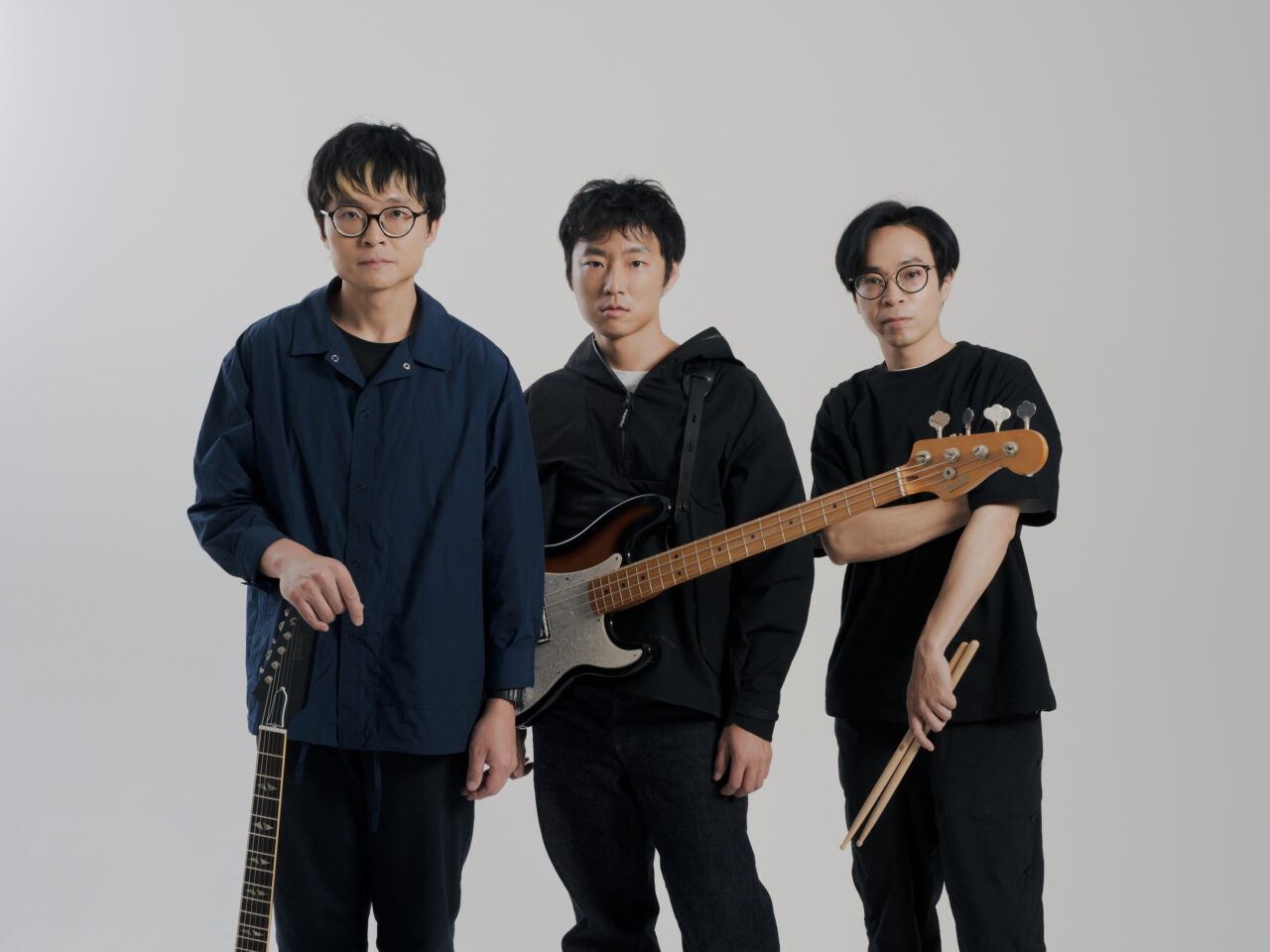
拍謝少年 Sorry Youth JAPAN TOUR 2024 “Noise Apartment”
October Tour Dates:
- October 14 (Monday, National Holiday)
Osaka SOCORE FACTORY
OPEN 17:30 / START 18:00 - October 16 (Wednesday)
Tokyo LIVE HOUSE FEVER
OPEN 18:30 / START 19:00
Ticket Purchase Links:
- (For Japan) https://w.pia.jp/t/sorryyouth-ks/
- (For Overseas) https://w.pia.jp/a/sorryyouth24eng/
Other Event Appearances:
- October 13 (Sunday)
FM802 35th Anniversary “Be FUNKY!!” MINAMI WHEEL 2024
Note: Circuit event - October 19 (Saturday)
SMOOTH LIKE GREENSPIA 2024 with Mellow Fellow
w/the band apart, DOPING PANDA



